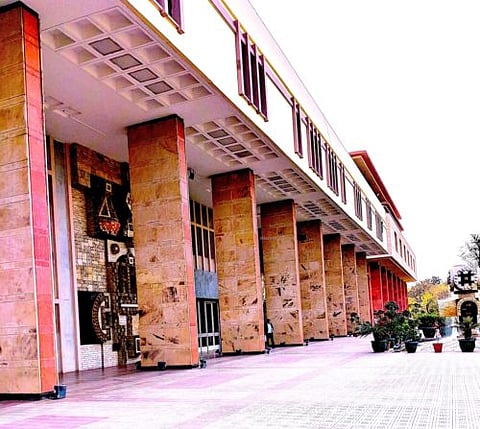
- News
- Columns
- Interviews
- Law Firms
- Apprentice Lawyer
- Legal Jobs
- हिंदी
- ಕನ್ನಡ

In a judgment that affects multiple fields including agriculture, pharmaceuticals and intellectual property, the Delhi High Court held Monsanto Technologies’ patent claim on its Bt cotton seed varieties to be unenforceable in India.